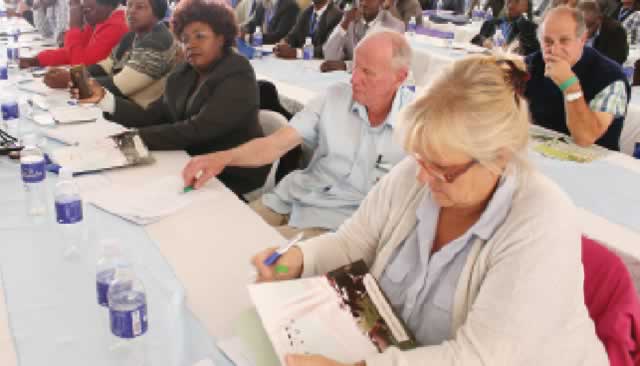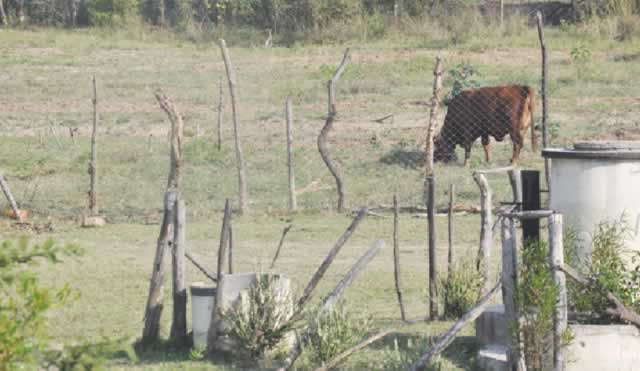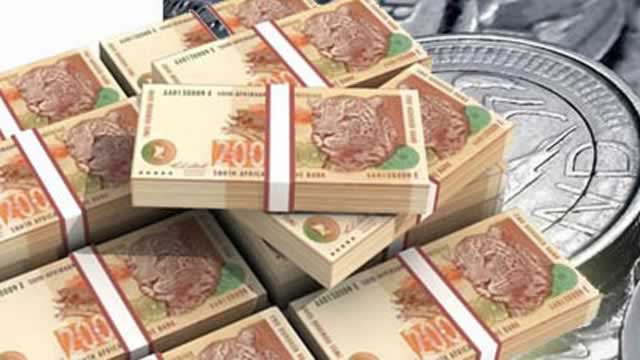Dairy farmers seek special economic status


Dairy farmers follow proceedings during the Zimbabwe Association of Dairy Farmers 2015 annual general meeting in Bulawayo yesterday
Brighton Gumbo Business Reporter
DAIRY farmers in Zimbabwe are lobbying the government to grant them special economic status in a bid to attract favourable financial packages to boost milk output.
Giving an overview of the dairy industry in the country during the 2015 Dairy Conference in Bulawayo yesterday, Zimbabwe Dairy Industry Trust vice chairman, Tendayi Marecha, said players in the sector were operating under difficult conditions and appealed to the government for support.
“We continue to lobby the government to grant dairy farmers a ‘special economic status’ that would enable them to access loans from banks so that they set up breeding centres and other such projects,” he said.
Marecha said the dairy industry needs to attract new players.
He said the industry requires vibrant contract growing of grains and silage for fodder.
The country, which is producing 55 million litres per year, has set a target of increasing output to 200 million litres by 2020.
However, several challenges continue to hamper the growth of the sector at production, collection, processing, storage and logistics and marketing levels.
Some of the challenges include limited dairy herd, erratic power and water supplies, security of tenure, poor road network, gap in cold storage facilities, cheap imports and liquidity constraints.
Dairy farmers are seeking offer letters from the government for security purposes and complain over continued importation of milk powders duty free for use as raw materials.
A majority of dairy companies have turned to product diversification to boost sales in the face of rising costs.
The move has also been necessitated by the weak purchasing power within lower income consumer groups.
Statistics for 2014 indicate Matabeleland region remains the least producer at 10 percent after Manicaland at 17 percent.
Mashonaland region and Masvingo are the dominant, producing 49 percent of total volumes in the country followed by the Midlands at 24 percent.
Globally, Africa remains the least milk producer in an industry that is dominated by Europe, Asia and North America.
Guest of honour Agriculture, Mechanisation and Irrigation Development Deputy Minister in charge of livestock, Paddy Zhanda urged dairy farmers to scale up their milk production to meet national demand.
“Our pre-occupation as a ministry is self-sufficiency through increasing production of milk in the country to meet local demand,” he said.









Comments